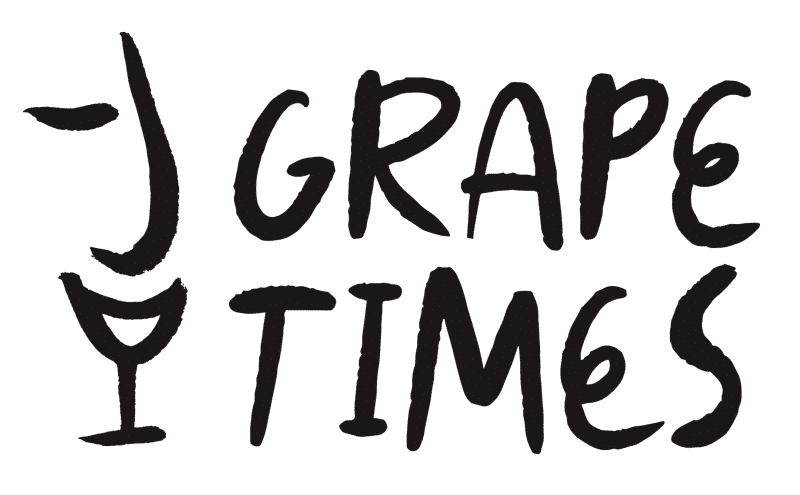In recent years, an increasing number of people have embraced veganism, seeking a cruelty-free and eco-friendly lifestyle. While vegan food options have become widely accessible and celebrated, many enthusiasts may be unaware that not all wines are vegan or even vegetarian. Due to conventional winemaking processes that involve fining agents derived from animal by-products, it is crucial for vegans to familiarise themselves with the subtleties of vegan wine.
In this comprehensive guide, we’ll delve deep into the world of vegan wines and offer valuable insights that enable you to enjoy a fantastic wine experience aligned with your vegan principles. We’ll explore the core elements that set vegan wines apart from others, introduce essential criteria for selecting cruelty-free wines, and discuss how to identify producers committed to vegan winemaking practices.
At GrapeTimes, our passion for sustainable winemaking naturally encompasses vegan wines. As a natural wine online shop offering a wide selection of vegan wines, we empower wine enthusiasts on their vegan wine journey. Join us as we navigate the wine world through a vegan lens, discovering delectable vegan wines that reflect our commitment to an eco-conscious and cruelty-free lifestyle.
1. Understanding the Vegan Aspect of Wine Production
Many wine enthusiasts might be surprised to learn that the majority of wines are not inherently vegan or even vegetarian. This is due to the fining process, a common winemaking technique that removes impurities and clarifies the wine, resulting in a more polished and visually appealing final product. Traditional fining agents such as egg whites, milk proteins, gelatine, and isinglass (derived from fish) are used, which disqualifies the wines as vegan-friendly. To cater to vegan wine enthusiasts, specific wines use alternative, plant-based fining agents.
2. Vegan-Friendly Fining Agents and Techniques
Vegan wines utilise a variety of ethanol-soluble alternatives to animal-derived fining agents. Some popular vegan-friendly fining agents and techniques include:
– Bentonite: A type of clay made from volcanic ash, bentonite is highly effective in binding to proteins and impurities for removal, making it a popular choice for vegan winemaking.
– Activated Carbon: Known for its purifying properties, activated carbon can be used in winemaking to target specific compounds and remove unwanted tastes or off-odours.
– Silica Gel: This adsorbent material can be employed as a vegan-friendly alternative to clarify wines, assisting in the sedimentation of unwanted particles.
– Unfined Wines: Some wineries opt to forgo the fining process altogether, releasing their wines “unfined” and allowing natural sedimentation to occur over time.
3. Identifying and Choosing Vegan Wines
Detecting whether a wine is vegan can be a challenge, as not all wineries provide this information on their labels. However, there are several ways to identify vegan-friendly wines:
– Certifications and Symbols: Some wineries enlist the help of certified vegan organisations, such as The Vegan Society, to validate their vegan status and display the corresponding logo on their labels.
– Ask the Retailer or Producer: Don’t hesitate to inquire directly with the wine retailer, winery, or even the distributor about the vegan status of a particular wine.
– Online Databases: Several online resources provide lists of vegan wines or connect you with eco-conscious wine suppliers like GrapeTimes, simplifying your search for the perfect cruelty-free bottle.
4. Perfect Vegan Wine Pairings for Plant-Based Cuisine
The key to pairing vegan wines with plant-based cuisine is to consider the same principles employed for standard wine pairing, such as complementing or contrasting flavours and matching the wine’s weight and intensity to the dish. Here are some inspiring vegan wine pairings:
– Vegan White Wine with Salads: A crisp and refreshing vegan white, like Sauvignon Blanc, can beautifully enhance the flavours of a fresh, leafy salad. The wine’s acidity and brightness create a light and delightful pairing.
– Vegan Red Wine with Mushroom-Based Dishes: A vegan red, like a Pinot Noir, can offer the perfect balance of earthy notes and medium body to complement the intense, savoury flavours in a mushroom-based dish, such as mushroom stroganoff or risotto.
– Vegan Rosé with Thai Cuisine: The sweet and fruity flavours of a vegan rosé can contrast beautifully with the tangy, spicy notes found in Thai dishes, offering a complex and satisfying palate adventure.
Vegan wine enthusiasts can rejoice in the myriad of cruelty-free wines available that align with their lifestyle and ethical values. Understanding the vegan aspect of winemaking, combined with selecting the appropriate food pairings, ensures an unmatched vegan wine experience.
At GrapeTimes, our passion for sustainable, biodynamic, and natural wines caters to the vegan community, helping you find the perfect vegan-friendly wines that celebrate the very best of eco-conscious winemaking. Raise a glass to your commitment to a compassionate and sustainable lifestyle while indulging in delectable vegan wines. Check out our natural wine online shop and try one for yourself today.

